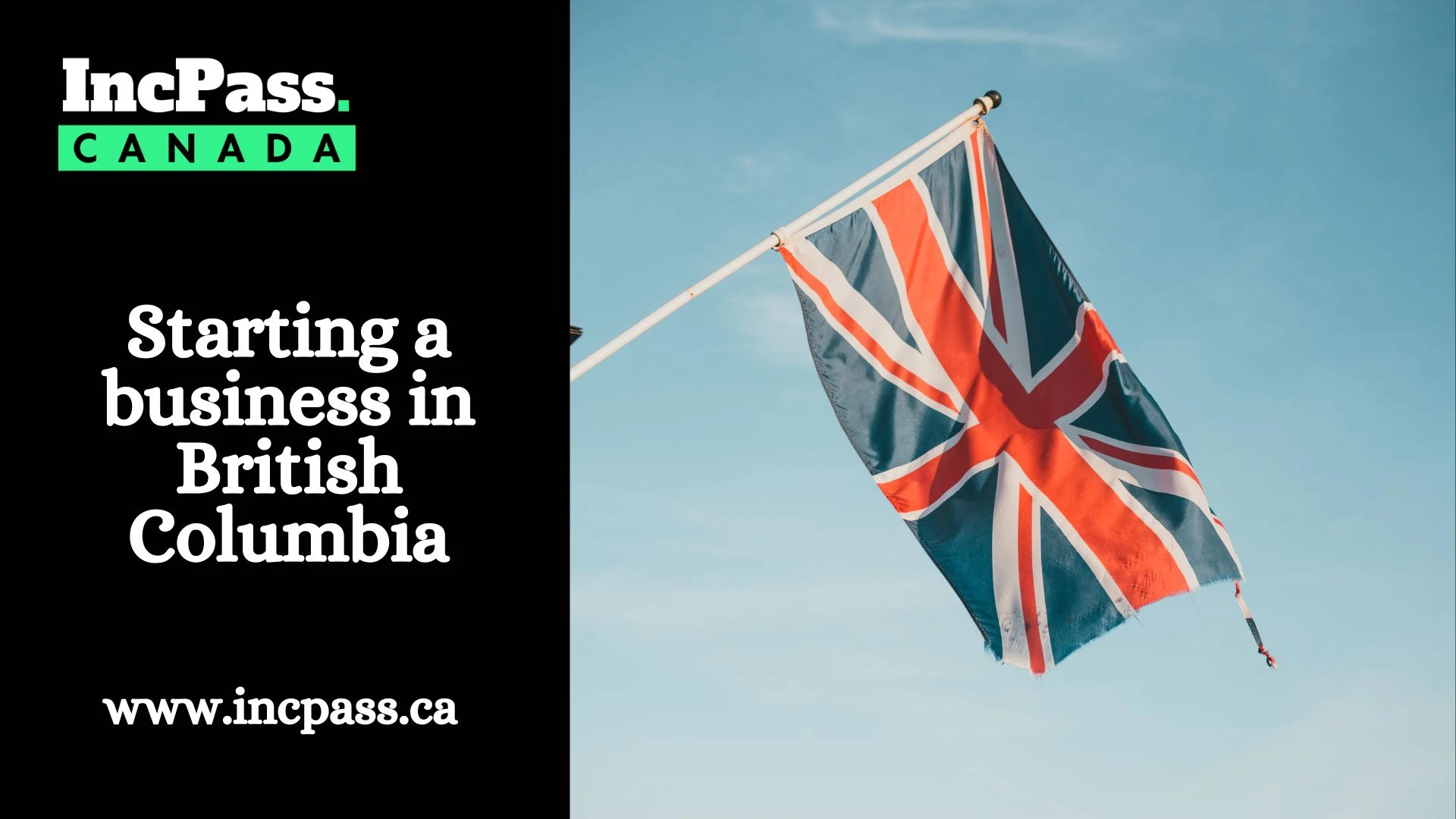Embarking on the journey of entrepreneurship in Canada is an exciting venture filled with promise and potential. However, before diving headfirst into the world of business ownership, it’s crucial to understand and comply with the legal requirements for starting a business in Canada which are set forth by the Canadian government.
From registering your business in Canada to adhering to tax regulations, there are several key steps that aspiring entrepreneurs must take to ensure a smooth and successful start to their business endeavours in the Great White North.
Through this article, we will be covering the 6 legal requirements for starting a business in Canada.
1. Choosing the business structure
One of the most crucial requirements for starting a business in Canada involves selecting a suitable business structure.
Here are the various types of companies in Canada, each with its own advantages and considerations:
Sole Proprietorship
A sole proprietorship in Canada is the simplest structure, ideal for freelancers and small businesses. In such types of companies, you operate under your own legal name and are accountable individually for all liabilities and obligations. There’s no separate legal entity, thus income from your business is recorded on your personal tax return.
Partnership
In a partnership firm, two or more individuals come together to manage and share the gains (and losses) of the company. Partnerships require a formal agreement outlining profit-sharing ratios, responsibilities, and dispute-resolution mechanisms.
Corporation
A corporation is a distinct legal structure from its owners (shareholders). It provides limited liability protection, shielding shareholders’ private assets from company obligations (except in situations involving fraud or personal promises). More intricate registration and continuous filing procedures apply to corporations.
Cooperative
A cooperative is a firm that is democratically owned and managed by its members. Members get a share of the revenues based on their involvement as well as their capital contribution. Ideal for companies that prioritize the community or social good.
2. Business Name Registration
After deciding on your company structure, the next step is to choose a memorable and distinctive name.
While choosing a business name, here are some key things to remember:
- Availability: Make sure your preferred name isn’t already trademarked or being used by another company by doing a comprehensive name search through the Canadian Intellectual Property Office (CIPO).
- Clarity: Pick a name that accurately conveys the nature of your company and the target market. Steer clear of misleading or excessively generic names.
- Regulations: Certain phrases or symbols are not allowed in business names in some provinces. Check with your provincial authorities for any regulations.
3. Registering Your Business
With a name secured, it’s time to make your business official!
The registration process involves two main steps:
Provincial/Territorial Registration
Most businesses register with their provincial or territorial government. The particular requirements change based on your location.
Federal Registration (Optional)
While not mandatory for all businesses, incorporating federally allows you to operate across Canada without needing additional provincial registrations. The federal registration process is handled by Corporations Canada.
4. Acquiring Licenses As Well As Permits
You could require extra business licenses and permits in order to operate legally, depending on your sector and region. These can be issued by federal, provincial, or municipal authorities. Common examples include:
- Business Licenses: General permits required to operate a company in a certain area.
- Industry-Specific Licenses: Licenses specific to your industry, such as food handling permits or construction licenses.
- Zoning Permits: Permits required for operating a business in a particular zoning area (e.g., residential vs. commercial).
5. Tax Registration
Navigating the Canadian tax system is an essential aspect of starting and managing a company. Based on your business structure and industry, you may be liable for federal, provincial, and municipal taxes.
It’s imperative to register for the appropriate tax accounts, such as a Business Number (BN) and a Goods and Services Tax/Harmonized Sales Tax (GST/HST) account. Maintaining awareness of tax credits, deductions, and filing dates can also help you minimize your tax obligations and guarantee that you are in conformity with the law.
6. Additional Requirements
While the above covers the core legal requirements, here are some additional points to keep in mind:
Business Bank Account
Opening a business bank account is recommended for improved financial management and record-keeping.
Insurance
Depending on your business activities, you might require specific insurance coverage (e.g., liability insurance).
Compliance with Employment Laws
Familiarize yourself with federal and provincial employment laws regarding minimum wage, overtime pay, and employee benefits.
Conclusion
Starting a business in Canada is a rewarding endeavour that offers countless opportunities for growth and success. Nonetheless, it’s crucial to approach the procedure thoughtfully and in accordance with the law. Aspiring business owners can confidently navigate the legal landscape and build a strong foundation for their companies by comprehending and completing the essential procedures listed above.
By registering your business with IncPass, you may easily access bank accounts, virtual office space, and other crucial business services in Canada. Entrepreneurs may concentrate on developing and expanding their businesses by using IncPass to handle the challenges of business registration with ease. Contact Incpass to register your business in Canada today.
FAQs
Do I need a business license to start a business in Canada?
The licenses needed for a given firm depend on its type and location. Specific licenses and permits may be needed for operation in some municipalities and businesses.
How is a corporation distinct from a sole proprietorship in Canada?
A corporation is an independent legal entity that is different from its owners, whereas a sole proprietorship is a business owned and run by a single person (shareholders). Corporations offer their proprietors limited liability protection, and they could have different tax consequences than sole proprietorships.
How can I register a Canadian business name?
Businesses may register their names with the appropriate provincial or territorial government body. Usually, the procedure includes completing the required registration documents and the relevant payments, as well as doing a name search to verify availability.
What taxes do I need to pay as an entrepreneur in Canada?
In Canada, business owners may have to pay sales tax (GST/HST), corporation tax, and income tax, among other taxes. The particular tax requirements are contingent upon various criteria, including the location of the business, revenue, and business structure.








